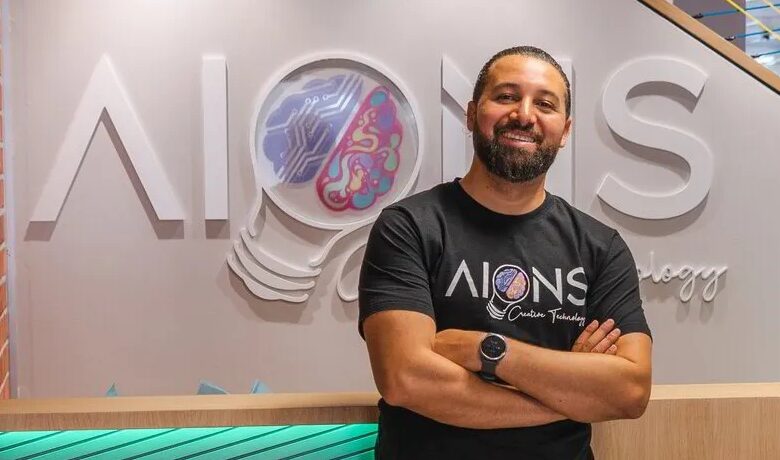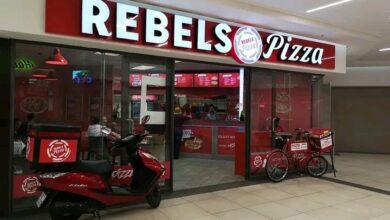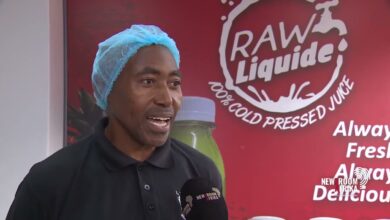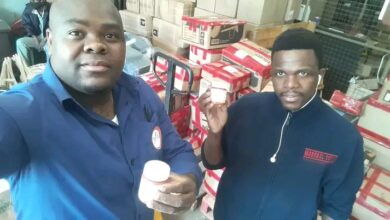Lessons Learned On The Entrepreneurial Journey

Lessons Learned On The Entrepreneurial Journey. With November being National Entrepreneurship Month, it’s a good time to reflect on the journey of entrepreneurship—the messy, challenging, and often misunderstood early stages of building something from scratch.
In the startup ecosystem at large, there’s been a growing realisation: there’s massive leakage in the system at an early stage. Promising ideas and passionate founders fail to gain traction and fall through the cracks. That’s why more funds are springing up to address this gap. For example, universities now have seed funds to commercialise intellectual property, and initiatives like the seed fund between TIA, SASME, and eSquared show promising collaboration.
It’s encouraging to see corporate Enterprise and Supplier Development (ESD) funds stepping up too. At Aions Creative Technology, we’ve been doing this for just under two years with Telkom. But here’s the thing: early-stage funding is a dark art.
The dark art of early-stage funding
There’s very little literature or guidance for this phase of the journey. Books and frameworks abound for scaling (going from 10 to 100) and even for growth (1 to 10). But when it comes to going from zero to one, there’s a massive gap. This is where blind spots live—both for founders and for those trying to help them.Founders often aren’t prepared for the journey. Their business concept is unclear, their customer segments don’t exist, and yet they believe they’ve got it all figured out. Ask them about their business, and they’ll confidently say it’s amazing, everything is planned out, and success is just around the corner.
But if it’s all so great, why can’t they raise money? Why isn’t there any revenue? The truth is many founders have blind spots masked by overconfidence and sheer determination to win.
Founders’ blind spots
Here’s what we’ve seen at Aions: founders often excel in one area but fall short in another. Some have deep subject matter knowledge—they know their product or service inside out—but they struggle to articulate it to others. On the other hand, some are brilliant salespeople who can sell the vision but don’t understand what needs to happen under the hood to deliver on their pitch.
Because of this, much effort needs to go into developing the founder as a person as into developing the business. And let’s be real: most early-stage startups aren’t businesses yet. They’re single-product ideas that customers don’t see as a need.
Mentors and coaches often avoid this space entirely. Many have burnt their fingers working with early-stage startups and prefer the clearer progress of growth-stage businesses. In the growth phase, you can see tangible results week to week. You get that warm, fuzzy feeling of knowing your efforts made a difference.
But early-stage? That’s a no man’s land. It’s messy and unpredictable, and too often, incubator programs paint all founders with the same brush. They take surface-level growth-stage concepts and apply them in a ‘scalable’ way—keeping costs low and effort minimal because the risk of no return is so high. It’s a ‘spray and pray’ approach, backing as many wannabe founders as possible in the hope that one succeeds.
Rejecting ‘spray and pray’
This is a common venture capital strategy: back 100 startups, knowing only one might succeed. But that one will succeed so spectacularly that it will cover all the failures.
When Kerryn and I started Aions, we found this 1:100 success ratio absurd. Imagine applying this mindset to education. Would we only focus on the one kid who might excel, leaving the rest to flounder? Unfortunately, that’s what happens in many South African schools, where mediocrity is the norm.
The opposite of mediocrity is excellence. At Aions, we’ve been working to flip the odds from mediocre to excellent. Nearly three years in, the timer on our metaphorical oven has gone off. The buns have risen—they’re golden brown. Sure, the kitchen’s a mess from all the cracked eggs and spilt mixtures, but we’ve learned how to bake. And now we’re ready for the next batch.
The power of the pivot
Here’s the biggest lesson we’ve learned: success lies in the pivot.
The idea you think will make you a billionaire? It probably won’t work. Maybe it’s ahead of its time. Maybe it’s in the wrong market. Maybe it’s not unique or defensible. Or maybe you’re just not the right person to execute it.
At Aions, we’ve seen every founder in our portfolio—myself included—hit this moment. It’s when you say, “We’ve come to realise…” or “We’ve learned…” That’s the pivot point.Pivots can’t be planned. They hit you like an epiphany. Suddenly, everything makes sense, and you kick yourself for not seeing it sooner. When you find your pivot, it doesn’t feel like rolling the dice anymore—you know the next steps will gain you ground.
But getting to that point takes resilience. Albert Einstein said, “It’s not that I’m so smart, it’s just that I stay with the problem long enough”. This statement couldn’t be truer for anyone who has gone through the early-stage pivot—something I will now dub the Ervot.
Adversity as an entrepreneurial superpower
Entrepreneurship isn’t for the faint-hearted. It demands what I call a sense of adversity—the ability to stay hopeful when all the odds are against you.
Founders who’ve faced challenges in their upbringing often have this built in. They’ve had to adapt, survive, and thrive in difficult circumstances. But even privileged founders can develop it through what we call adversity sandboxing—deliberately testing your limits in controlled ways.
Hiking, running, fasting—these activities remind you of your inner strength. They clear your mind and unlock your creativity, which often leads to the ‘aha’ moments that spark a pivot
Lessons for founders and mentors
What have we learned at Aions? For founders, it’s this: embrace the mess. Success isn’t linear, and the early stage is full of failures, adjustments, and realisations. For mentors, patience is key. Early-stage founders need guidance, encouragement, and space to find their way. Yes, it’s frustrating. Yes, it’s slow. But when that pivot happens, it’s worth it. It’s been true for me and every business I’ve succeeded in, with my one most notable being Ozow.
At Aions, we’ve learned that early-stage entrepreneurship isn’t about perfection—it’s about resilience, adaptability, and the willingness to pivot. These lessons are shaping a new generation of founders, and they’re what we celebrate this National Entrepreneurship Month.
Because if it weren’t for the failures, pivots, and messy kitchens, the successes we admire today wouldn’t exist. To err is human but to Ervot? Well, that’s entrepreneurial and where the magic really happens.




